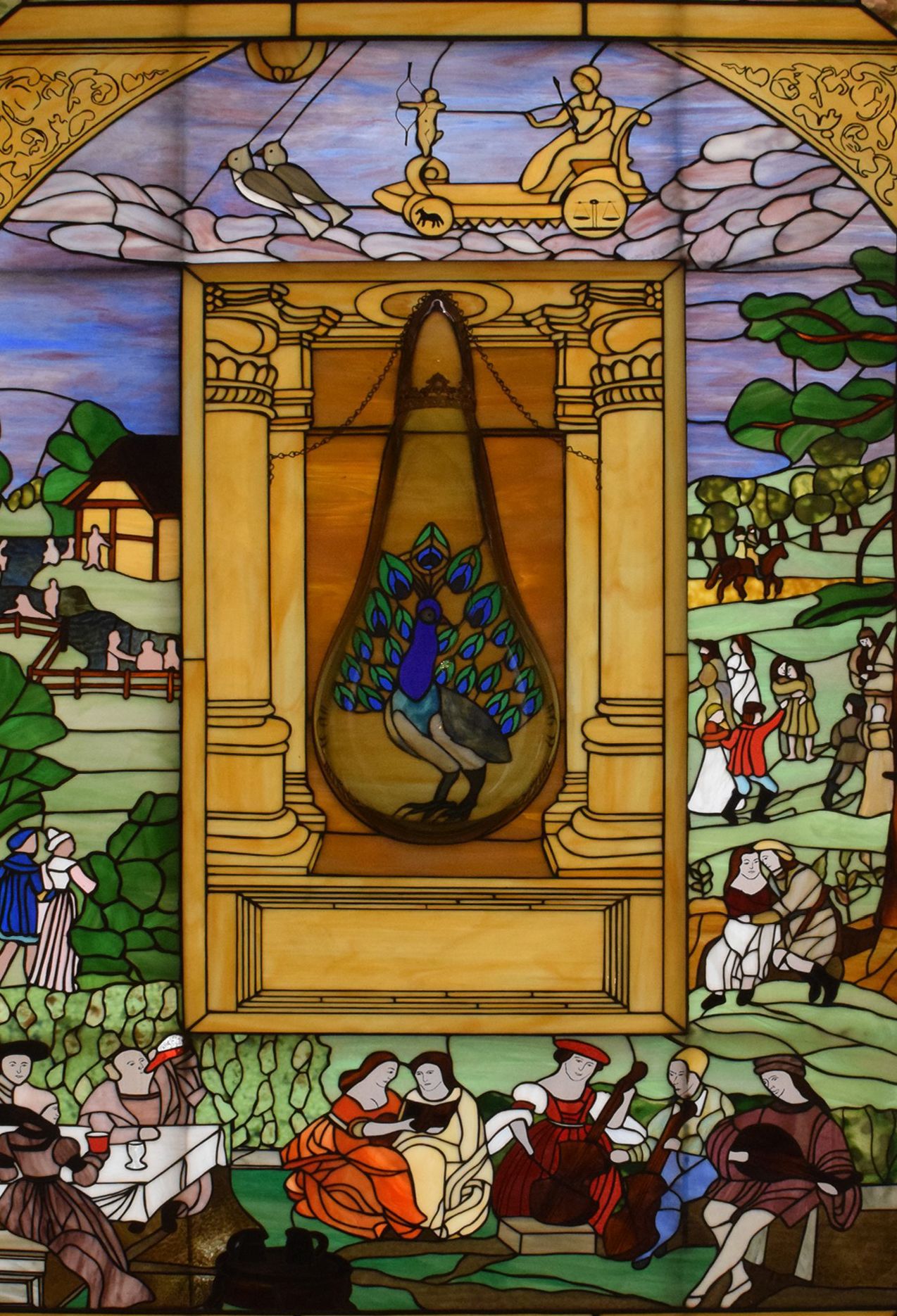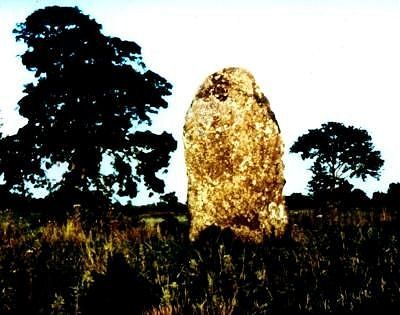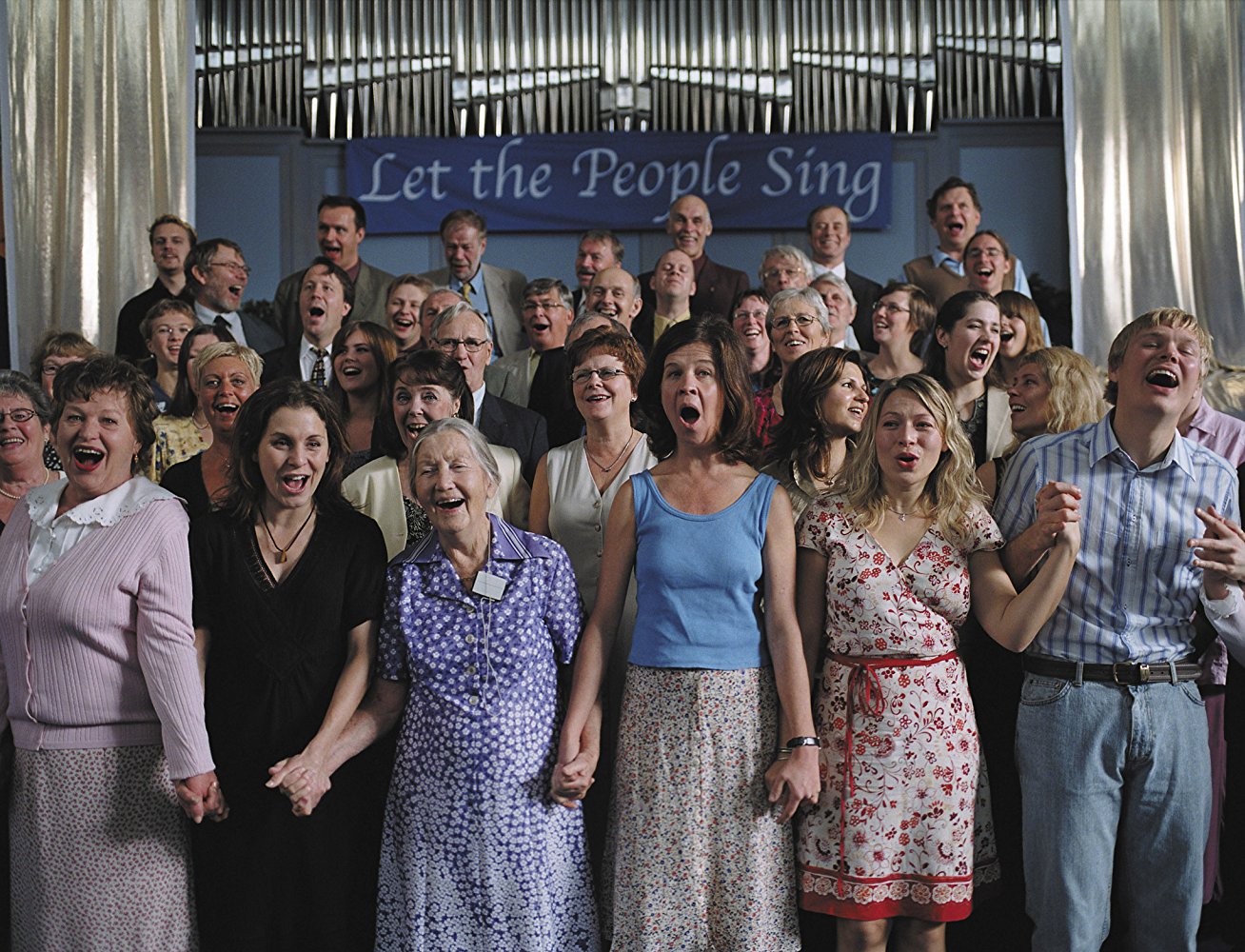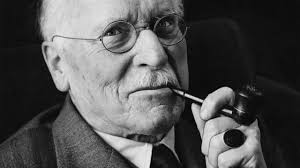There is a close association between the sexual instinct and the striving for wholeness. With the exception of religious longing nothing challenges modern man more consciously and personally than sex.
– C.G. Jung, CW10, par. 653
Jung repeatedly emphasized the role that sexuality plays in the individuation process, claiming that a disturbed sexuality was at the core of many complexes that hindered a person’s ability to individuate or develop. He also recognized the difficulties of addressing sexual phenomena because it often brings with it forbidding moral dictates and shadow material that can challenge one’s beliefs and ideas about oneself. But avoiding issues of sexuality means that we may be missing the opportunity of inviting and deepening the vital energy it brings for us at any age.
In the Jungian community we typically move to interpret the symbolic value of sex and to embrace the spiritual meaning of this instinctual experience. The spiritual aspect is of course an invaluable component, and yes, we want to go there. But we may miss or lose the soul’s longing, pleasure and suffering if we cannot first explore the intensely fulfilling bodily sensations, passions, behavior and emotional communications contained in its ageless expression – in our objective reality, in fantasies and our dreams.
This presentation will attempt to open a discussion about the instinctual aspects of sex, to examine personal and collective attitudes toward sex, to invite a deeper reflection of everyone’s personal biases and experiences with sex and to increase an understanding of the potential role sexual phenomena plays in individuation. The aim of the presentation and workshop is to address the positive, pleasurable, life-giving expressions of sex and not its negative, destructive, or abusive experiences.






